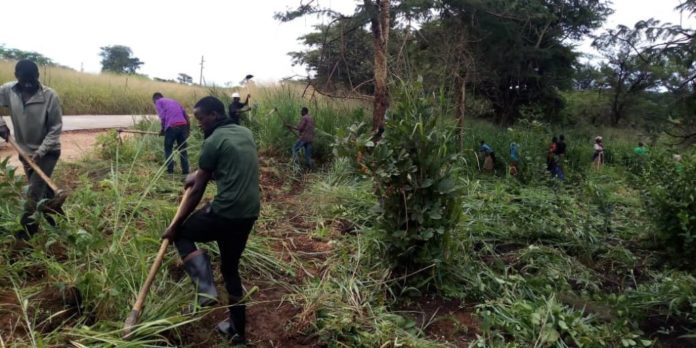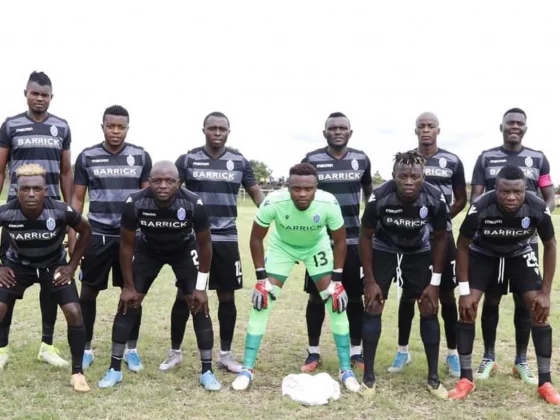BUUMBA CHIMBULU writes
THE Copperbelt Energy Corporation (CEC) has teamed up with the forestry department to set up a US$35,000 five-year programme meant to restore forests and river sources to their original forest states starting this year.
The Copperbelt programme will involve restoration of degraded river sources and forestry reserves, afforestation of water catchment areas and establishment of an indigenous seedlings bank to stock seeds from identified indigenous trees, among others.
The programme was rolled out in January with 4,000 indigenous trees planted around the Mwekera River source in Ndola.
CEC Managing Director, Owen Silavwe, has called for strict adherence to the practice of sustainable development as a key to the conservation of our natural resources and habitat.
Mr Silavwe said CEC was keen to develop innovative technologies while keeping the environment safe.
“Sustainable development digs deeper. This means we want companies to expand, people to have the best jobs, everyone to afford nutritious food wherever they live, quality and affordable education for everyone, and our economies to grow exponentially,” he said.
Senior Research Officer at the Forestry Department, Mpande Sichamba, said Mwekera river source fell in the Mwekera National Forest Reserve, a national protected area.
Unfortunately, he said, over 80 percent of this river source like many others on the Copperbelt Province was encroached and highly characterized with increased illegal cultivation and gardening activities.
Mr Sichamba said this rendered the lifespan of river sources and water flows at high risk of water reduction or depletion.
Depleted forests affect not only the quality of life but also the climate, contributing to changes that have a telling effect even on power generation.
Being largely dependent on water for its electricity production, Zambia has lately been unable to generate sufficient electricity partly because of low hydrology.






